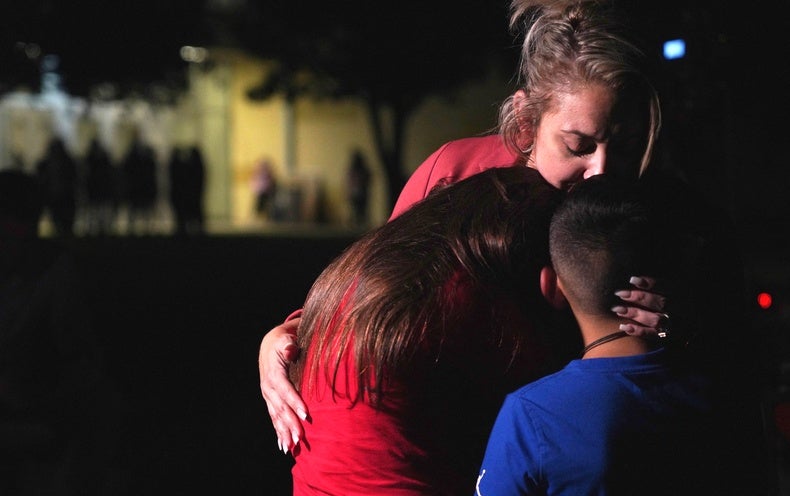While the bodies of the deceased play only a small part in spreading pandemics, it is possible for corpses to cause infections in living individuals. In fact, according to two preprint papers published in MedRxiv and BioRxiv this year, the novel coronavirus can persist in cadavers for around two weeks and can preserve its infectious potential throughout that time.
Contagious Corpses
For years now, specialists have held that infectious diseases — despite their transmissibility among the living — seldom stick around for a long enough period of time to leap from dead bodies and into living ones.
And although several studies have identified small amounts of the SARS-CoV-2 virus in corpses for as many as 17 days following their deaths, scientists typically consider these traces as too minor to pose a significant threat of transmission.
Read more: What Is The Secret To COVID-19 ‘Super-Dodgers’?
That said, a team of researchers recently revealed that substantial amounts of the coronavirus could survive in cadavers for weeks at a time, sometimes spilling over into living individuals, as a result.
This sort of transmission is probably not common in the current coronavirus pandemic. But the researchers said that this avenue of transmission could contribute a small amount to the spread of COVID-19 in hospitals and homes, where living individuals are more likely to come into contact with the dead.
Assessing the Threat of Transmission
In the more recent of the two studies, the researchers scrutinized samples from 11 corpses that died due to COVID-19, identifying an abundance of the virus in six of the cadavers after a period of 13 days. Shockingly, the concentration of the virus in the six bodies paralleled the concentration of the virus seen in many living individuals infected with COVID-19.
“When death occurs because of rapidly worsening COVID-19 symptoms or within a short period after SARS-CoV-2 infection, the probability that infectious virus remains in the corpse is high,” the researchers state in the study. “Therefore, appropriate infection control measures must be taken when handling corpses.”
Strengthening these results, the researchers also assessed the bodies of coronavirus-infected rodents in the earlier of the two studies. Placing the corpses in close proximity to living rodents, they revealed that the bodies of the deceased critters continued to transmit the disease, particularly if they died in the immediate aftermath of their initial infection from COVID-19. According to the researchers, the same is true for the bodies of people.
The researchers found that if they embalmed the deceased, or plugged their mouths and noses, they could stop the spread of the virus. But, before those processes are completed, the researchers stress that people should be incredibly careful when dealing with the dead.
In fact, while the risk of a dead body transmitting the coronavirus remains relatively low, this research shows that this sort of transmission can pose a real risk for anyone charged with taking care of coronavirus-infected cadavers.
In the U.S., that’s mostly pathologists and other medical professionals working in hospitals. But, in other countries, that category also includes family and friends, thanks to the cultural norms that guide the viewing, touching and treatment of the dead.
“Appropriate care of SARS-CoV-2-infected corpses is important,” the researchers conclude in the first of the two studies. “These results indicate that protection from infection is essential when handling infected corpses.”














